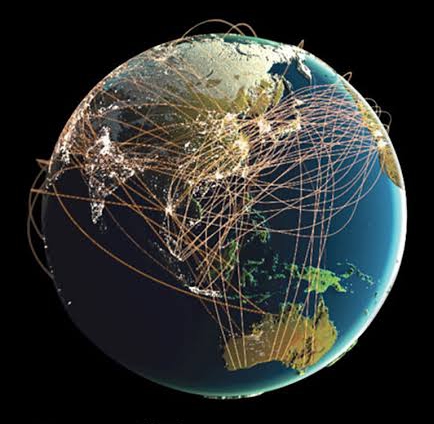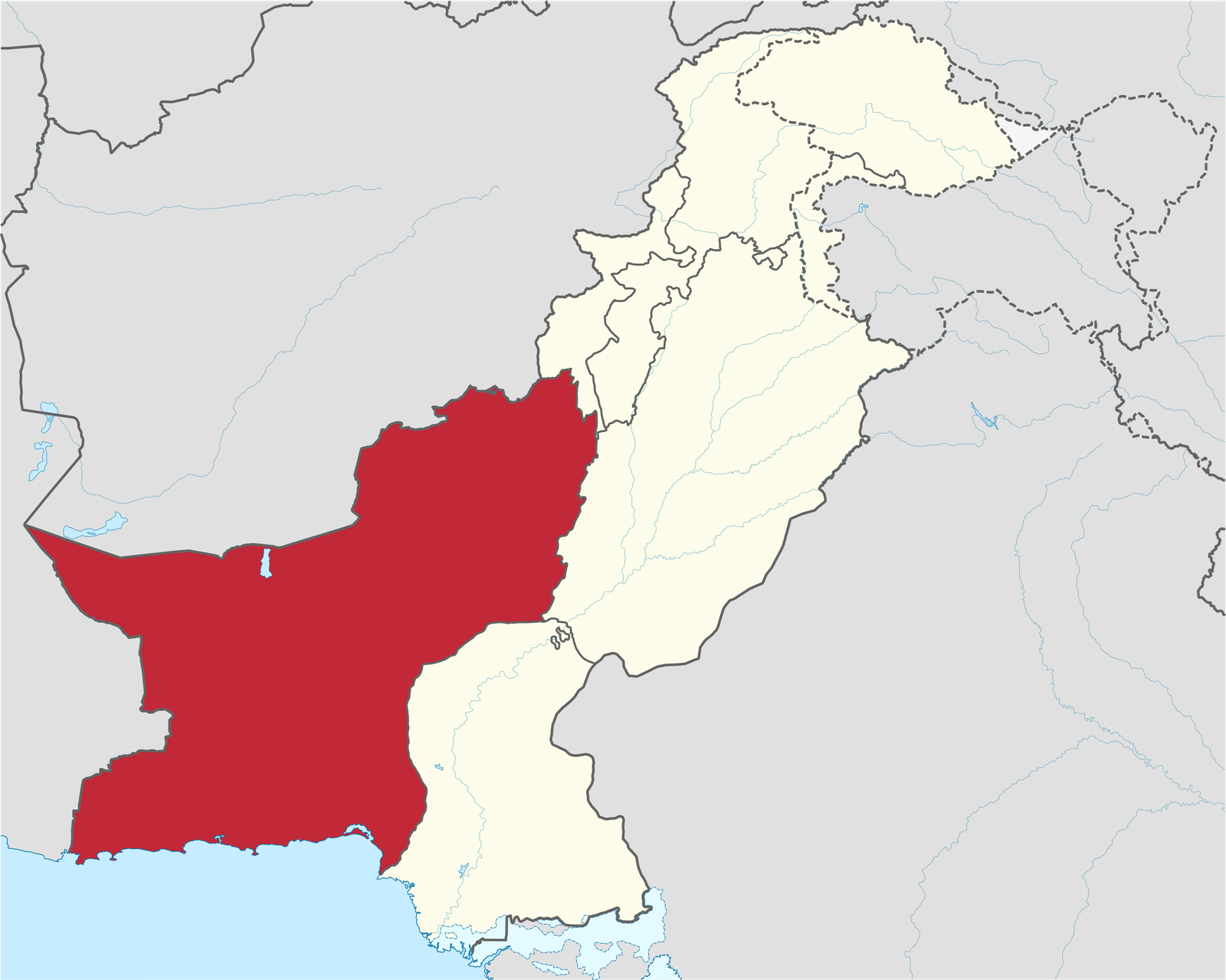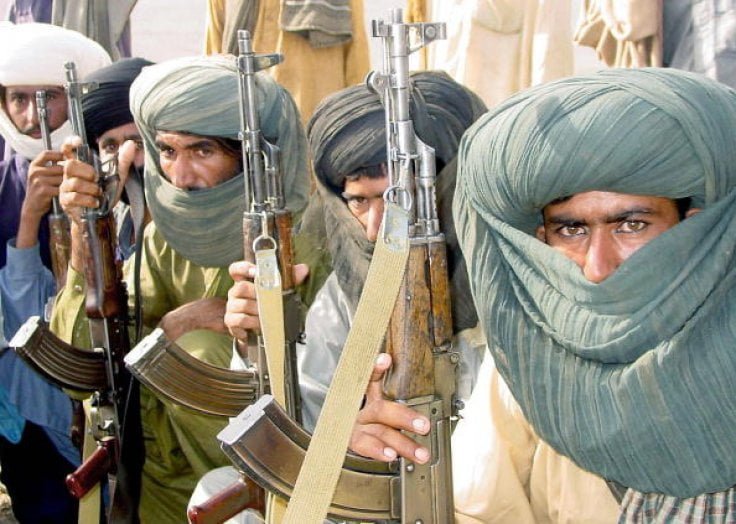By Mudassir Changwani – From Pakistan’s Perspective: Redefining National Security In The Contemporary World (Part-I)
“Injustice anywhere is a threat to justice everywhere”, said Martin Luther King Jr. The assertion goes parallel to the emerging global momentum on protecting and promoting human rights the world over. Greater emphasis on values and ideas based on justice, freedom and wider choices and opportunities available to people, hold key to the dynamics of contemporary global political and security environment. Where, in the contemporary globalised world, local and global processes and events have inescapable reciprocal influences, disorder and social unrest in one geographic locality of the world is increasingly being recognised as a threat to global peace and security.
The end of the Cold War era witnessed unparalleled activism by the United Nations, especially in and after the Gulf War; with the Security Council sanctioning collective security measures against the state’s aggression against Iraq, thus signalling the arrival of the New World Order. The broadening spheres of the UN activism effected a redefining of the parameters of international peace and security to include development-centred agenda of human security where peoples, not their states, are the primary referent of security and where the military-based focus of security dilutes in favour of a greater emphasis on people’s progress and prosperity.
Redefining traditional boundaries of a state’s relationship to its people has been expressed by Kofi Annan, former Secretary General of the United Nations, in the following words:
“States are now widely understood to be instruments at the service of their people, and not vice versa … When we read the UN Charter today, we are more than ever conscious that its aim is to protect individual human beings, not to protect those who abuse them.”
In simple terms, the recognition means that it does matter in contemporary global politics whether the social and environmental security underlines state’s priorities and that whether the state has the will and the capacity to ensure equal access toward individuals’ human rights.
Traditional realist view of security, however, privileges state by defining national security in terms of ‘freedom from fear’ of armed aggression by other states or non-state actors. As armed aggression confines the paramount security threat over all other security concerns, realists call for building greater military might as well as alliances. The realist assertion that states can prevent war only by preparing for war makes protection of individuals’ rights subservient to the state’s interests.
The realist approach toward security has widely been criticised and challenged and substituted by human security agenda which gives primacy to individuals’ ‘freedom from want’ issues such as poverty, malnourishment, social injustice, etc. Inspired from liberal worldview, the Human Security Centre in 2006 conceptualized the meanings and extent of human security agenda, stating, “Secure states do not automatically mean secure peoples. Protecting citizens from foreign attack may be a necessary condition for the security of individuals, but it is not a sufficient one. Indeed, during the last one hundred years far more people have been killed by their own governments than by foreign armies… All proponents of human security agree that its primary goal is protection of individuals. However, consensus breaks down over what threats individuals should be protected from… The UN’s Commission on Human Security argues that the threat agenda should be broadened to include hunger, disease and natural disasters because these kill far more people than war, genocide and terrorism combined.”
However, contemplating Pakistan’s geopolitical environment both in the short and the long run, we find the sources of contention too. Unlike many other states, Pakistan is inherently a security-conscious state with a permanent presence of hostile neighbour at its eastern border, and irredentist claims over its territory from the western side. Additionally, the country has faced massive destruction and losses in the form of huge human and economic tolls within its borders from violent non-state actors. Moreover, presence of two nuclear armed states along its borders, volatile political and security environment of Afghanistan, rich-resourced status of landlocked Afghanistan and Central Asian region with Pakistan as a gateway, and last but not least, the increasing importance of Indian Ocean make geopolitical location of Pakistan such that it attracts convergence of diverging interests of major powers. Therefore, in such an uneasy configuration where largest part of the country’s territorial borders is mired in inherent insecurities and non-state actors continue to pose severe security threats, completely departing away from realist assumptions apparently is not a prudent strategy.
Throughout world history, amidst an atmosphere of escalating threats and growing debates over managing peace and security, states usually seek realist guidance which former US President Richard M. Nixon, justifies as, “The adversaries of the world are not in conflict because they are armed. They are armed because they are in conflict and have not yet learned peaceful ways to resolve their conflicting interests.”
Continued…
Read More: https://republicpolicy.com/the-united-nations-and-the-principle-of-neutrality/
















